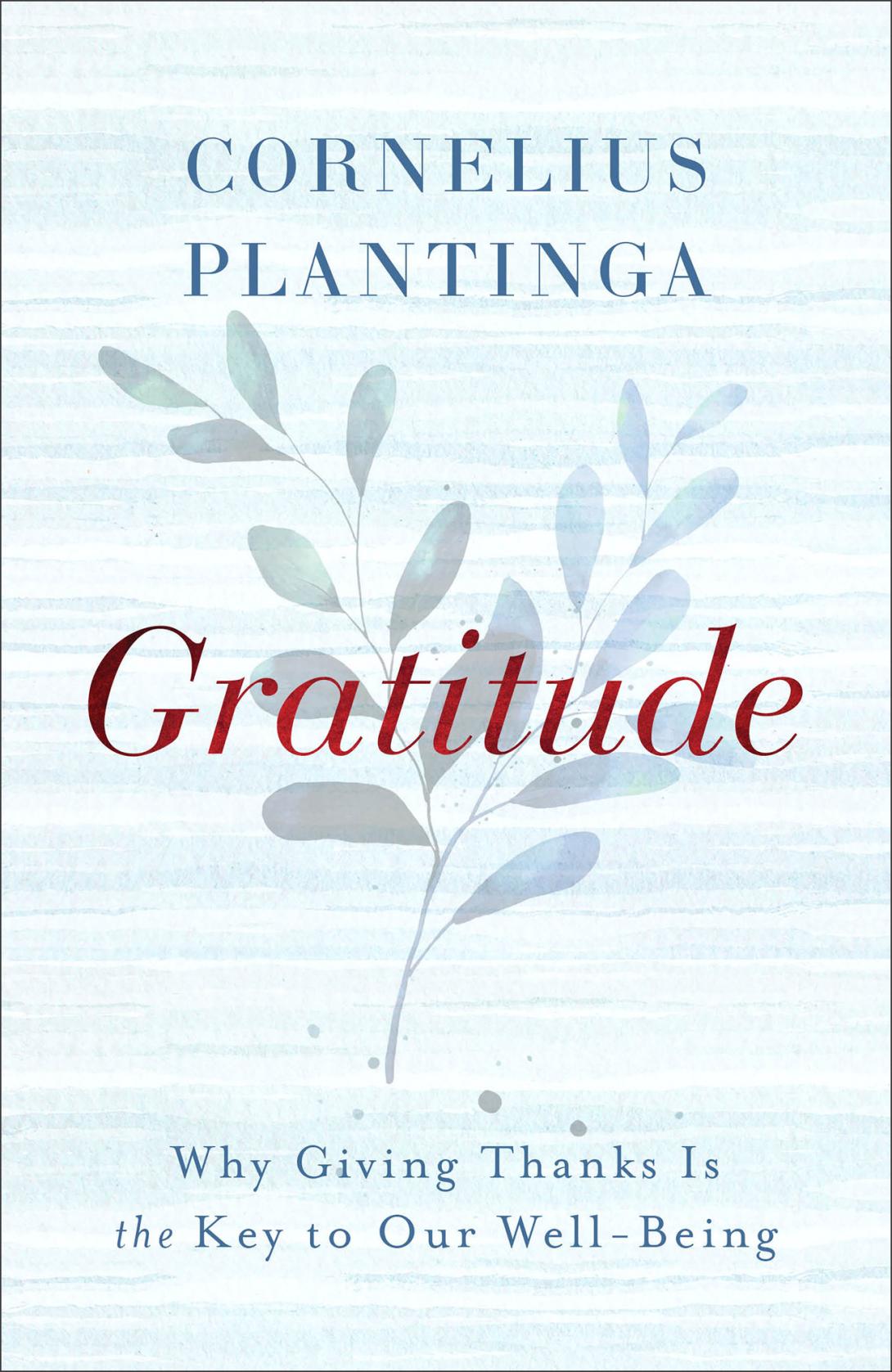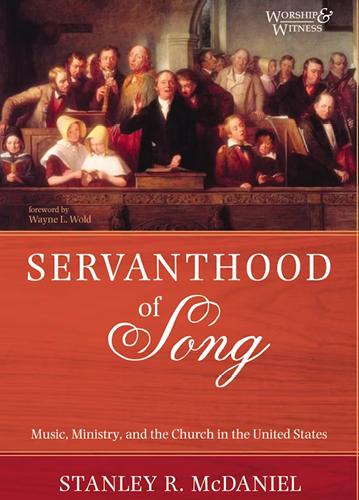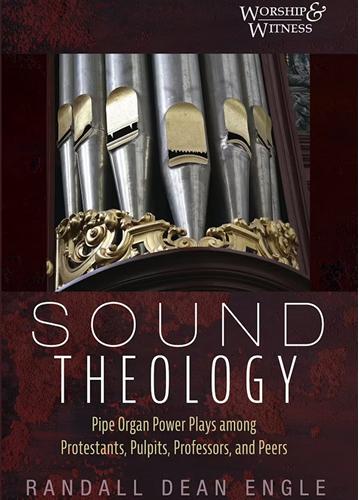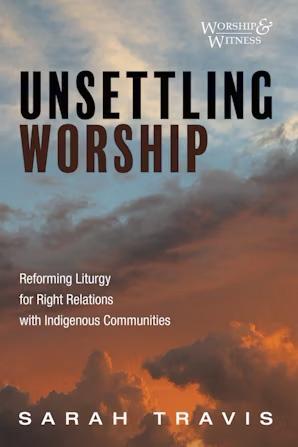Book Details
As a troubadour for global music and an instigator of cross-cultural worship for more than 15 years in a variety of denominational settings, including congregational, national, and international venues, Michael Hawn has observed many faithful people who find that a taste of Pentecost in worship is refreshing and invigorating. In One Bread, One Body: Exploring Cultural Diversity in Worship, Hawn seeks to help bridge the gap between the human tendency to prefer ethnic and cultural homogeneity in worship and the church's mandate to offer a more diverse and inclusive experience. He offers a rainbow vision of the universal church where young and old joyfully and thoughtfully respond to the movement of God's Spirit in multicultural worship.
Hawn and four colleagues from Perkins School of Theology in Dallas formed a diverse team in ethnicity, gender, academic field of study, and denominational affiliation to study four United Methodist congregations in the Dallas area that are grappling with cross-cultural ministry. Their four case studies illustrate both the pain and the possibilities encountered in capturing the Spirit of Pentecost in worship. Hawn also offers a concise and practical theological framework as well as numerous strategies and an extensive bibliography for implementing "culturally conscious worship." This book is invaluable for congregations that want to undertake the hard work of cross-cultural worship. Foreword by Justo González.
Recent Publications
Gratitude: Why Giving Thanks Is the Key to Our Well-Being
What is gratitude? Where does it come from? Why do we need it? How does it change us?
In Gratitude, award-winning author Cornelius Plantinga explores these questions and more. Celebrating the role of gratitude in our lives, Plantinga makes the case that it is the very key to understanding our relationships with one another, the world around us, and God.
Servanthood of Song: Music, Ministry, and the Church in the United States
'Servanthood of Song' is a history of American church music from the colonial era to the present. Its focus is on the institutional and societal pressures that have shaped church song and have led us directly to where we are today.
Sound Theology
This book surveys the liturgical soundscape during and after the Reformation with regard to the use of instruments in worship in general, and the (dis)use of the pipe organ specifically.
Gratitude: Why Giving Thanks Is the Key to Our Well-Being
What is gratitude? Where does it come from? Why do we need it? How does it change us?
In Gratitude, award-winning author Cornelius Plantinga explores these questions and more. Celebrating the role of gratitude in our lives, Plantinga makes the case that it is the very key to understanding our relationships with one another, the world around us, and God.
Servanthood of Song: Music, Ministry, and the Church in the United States
'Servanthood of Song' is a history of American church music from the colonial era to the present. Its focus is on the institutional and societal pressures that have shaped church song and have led us directly to where we are today.
Sound Theology
This book surveys the liturgical soundscape during and after the Reformation with regard to the use of instruments in worship in general, and the (dis)use of the pipe organ specifically.
Unsettling Worship
Settler churches across North America have committed to the work of conciliation and reconciliation with Indigenous Peoples. Worship is a space in which these commitments are expressed and nurtured.




